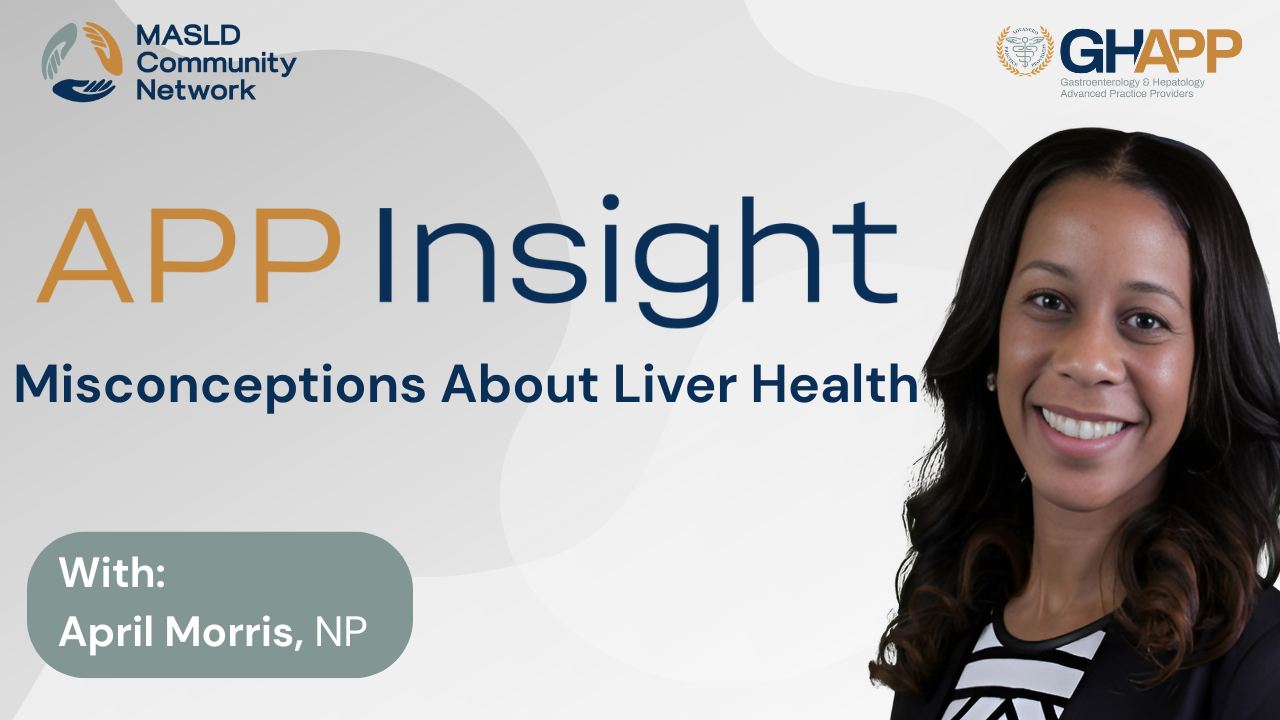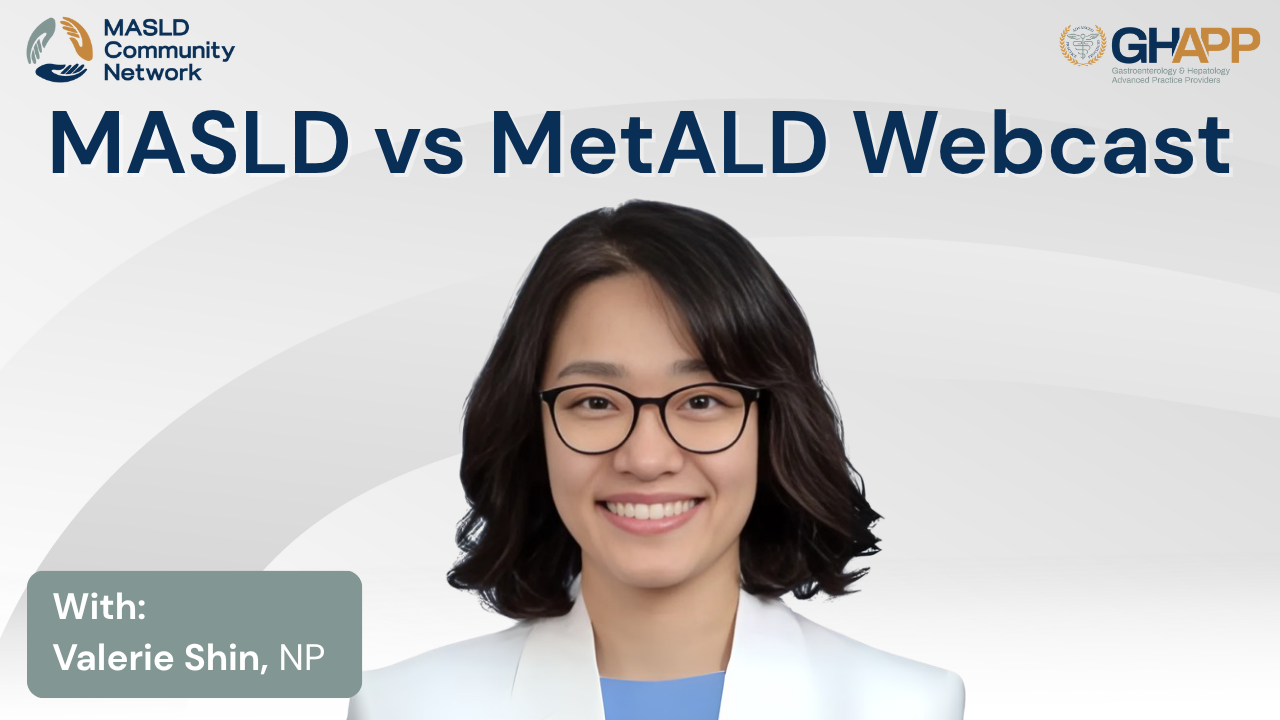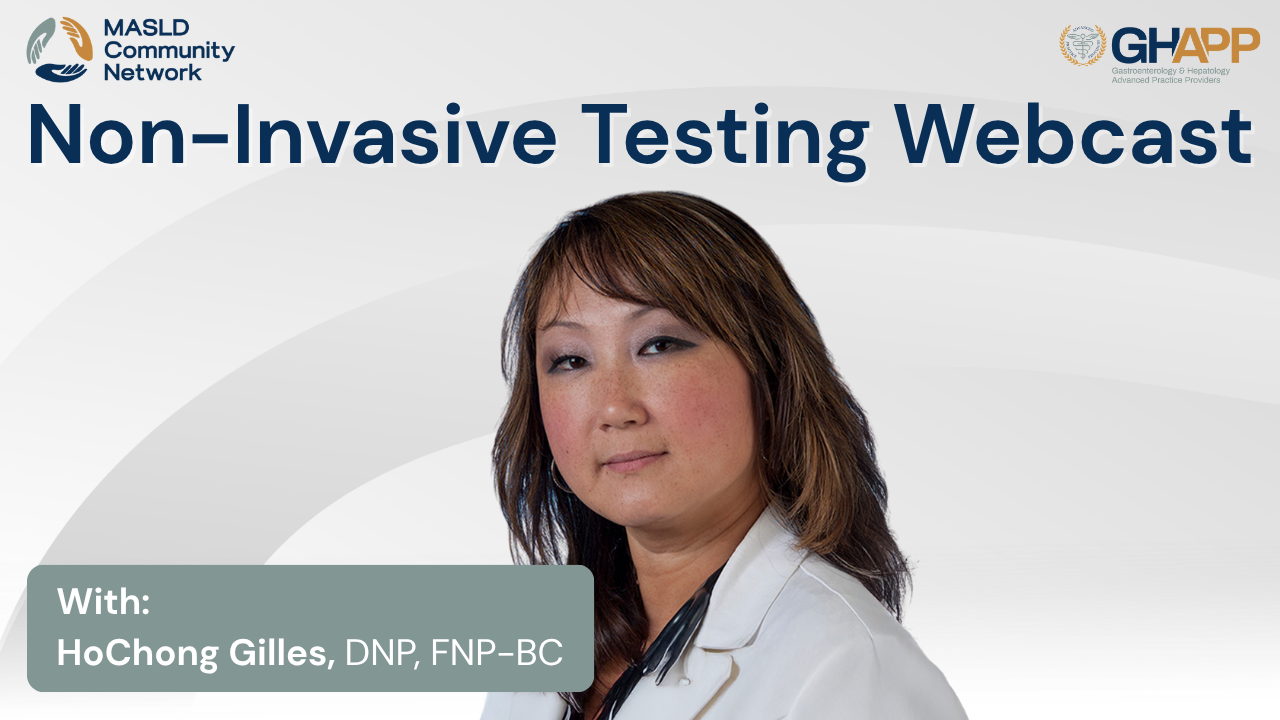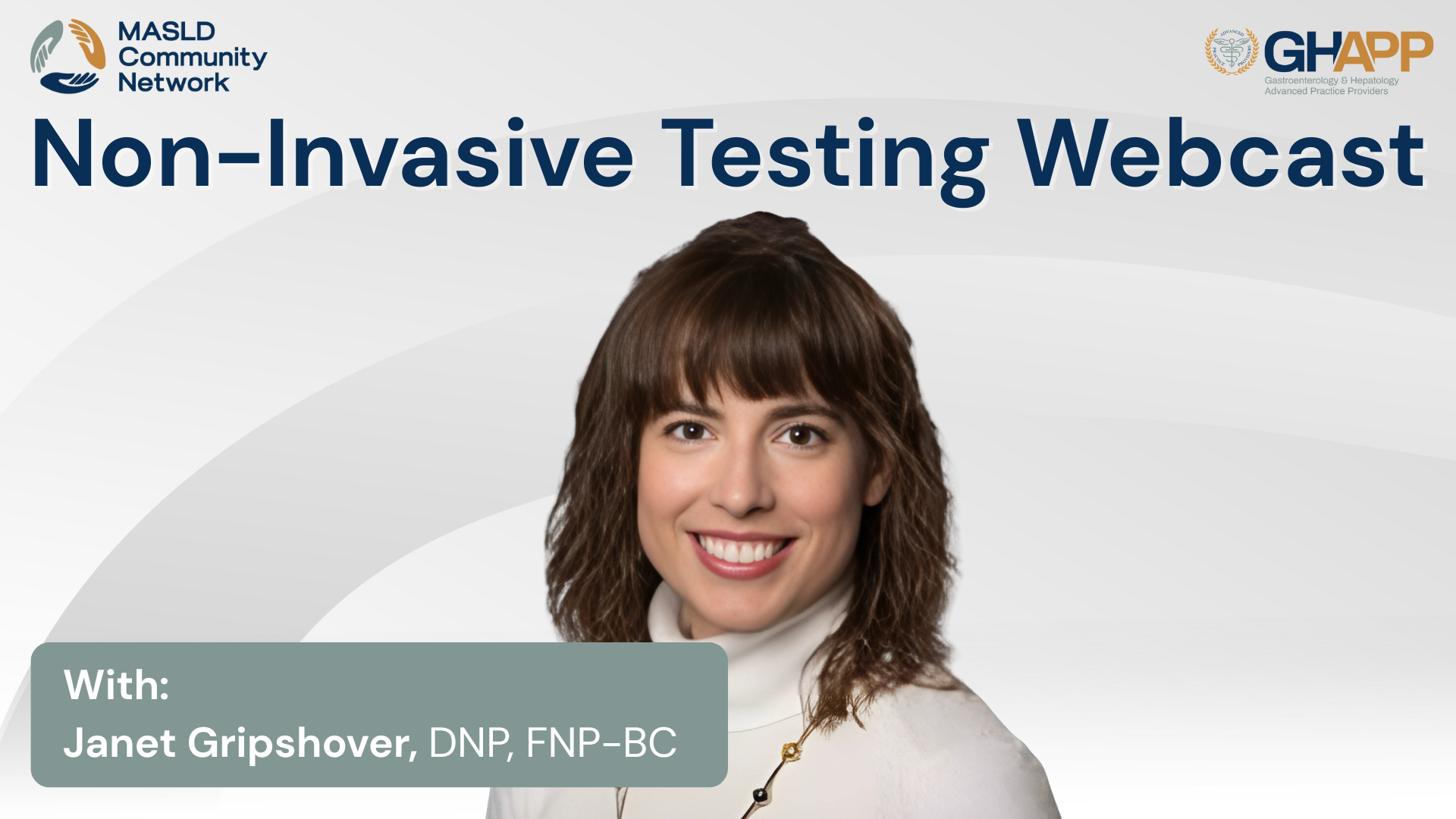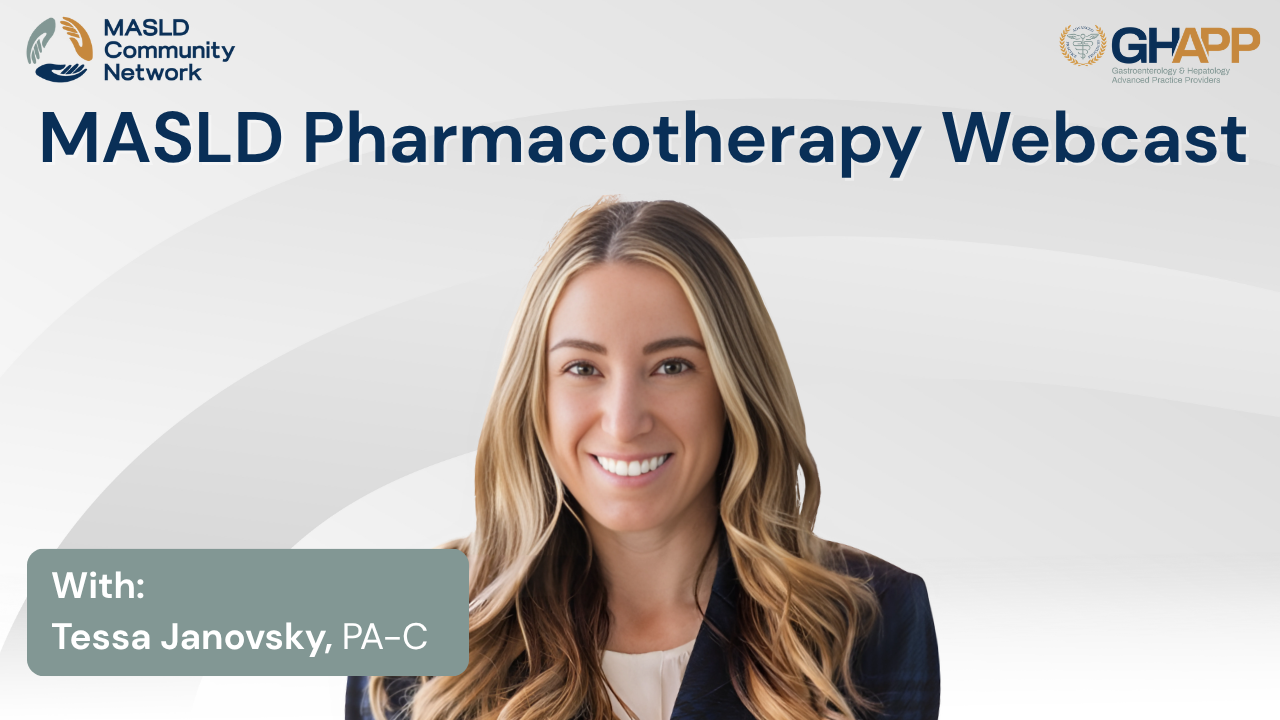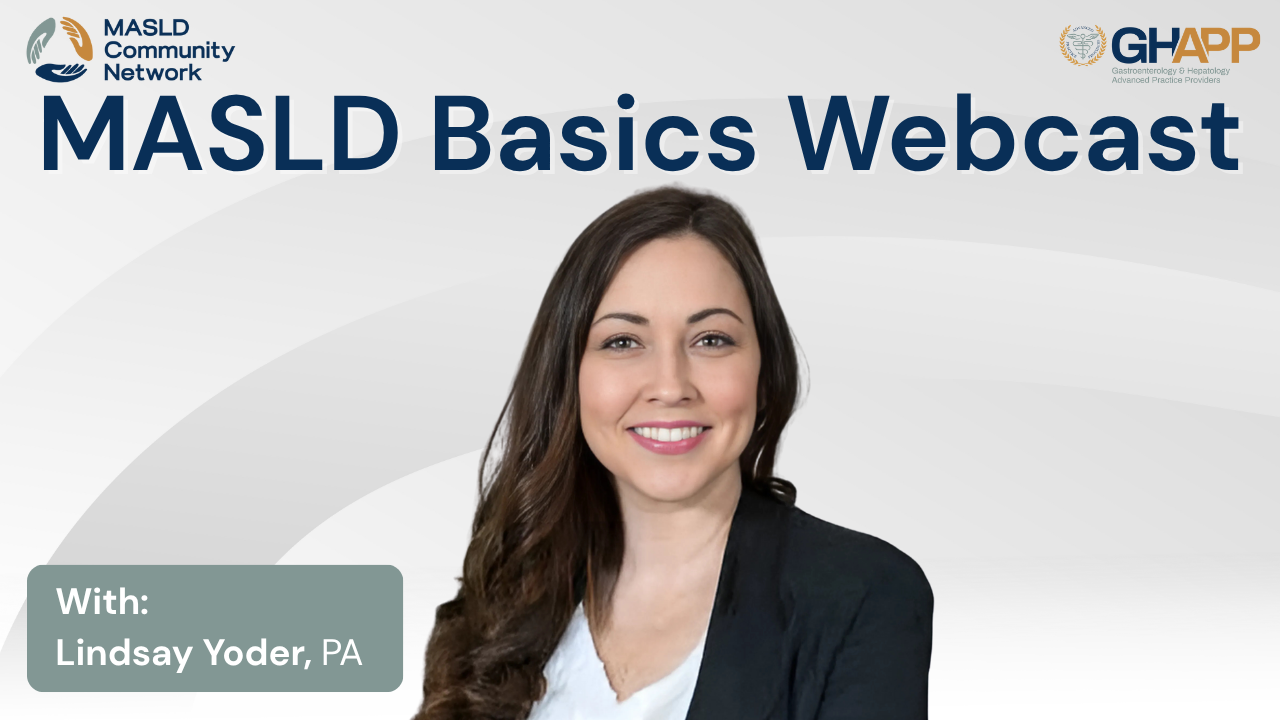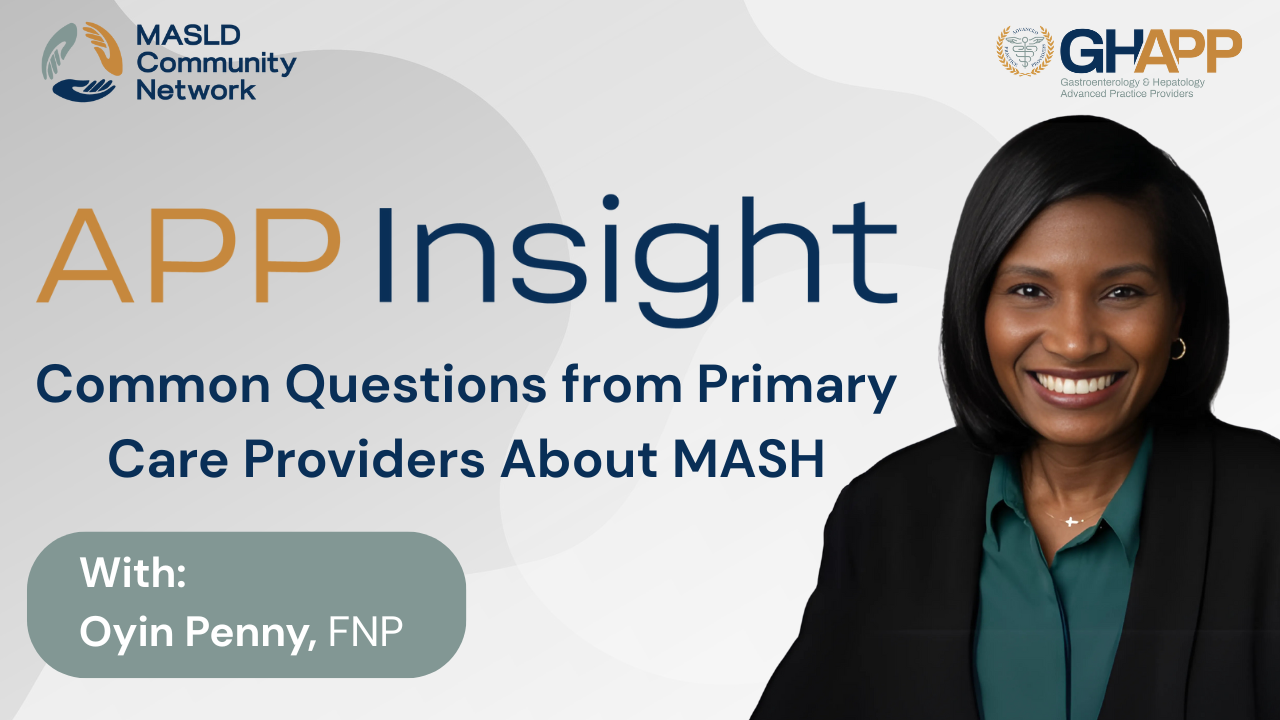Chat with MASLD AI

Hi, I am MASLD AI.
Suggested Questions :

MASLD AI 06:21 AM
Understanding the differences between F3 and F4 fibrosis is crucial in the management of MASH (Metabolic Associated Steatohepatitis) and other liver diseases. In this session with Oyin Penny, FNP, from the GHAPP MASLD Community Network, we explore a case-based comparison using non-invasive tests (NITs), including FibroScan, ELF score, and Fib-4, to highlight how staging impacts prognosis, treatment strategies, and long-term outcomes. Case 6A focuses on a patient with F3 fibrosis, discussing lifestyle modification, metabolic disease optimization, and the role of therapies like Resmetirom (Rezdiffra). Case 6B revisits the same patient profile but with F4 fibrosis, emphasizing advanced management including HCC surveillance, EGD screening for varices, and consideration of non-selective beta blockers. By contrasting these scenarios, this presentation underscores the importance of accurate fibrosis staging, risk stratification, and timely interventions to improve patient outcomes.







 August 2025
August 2025 
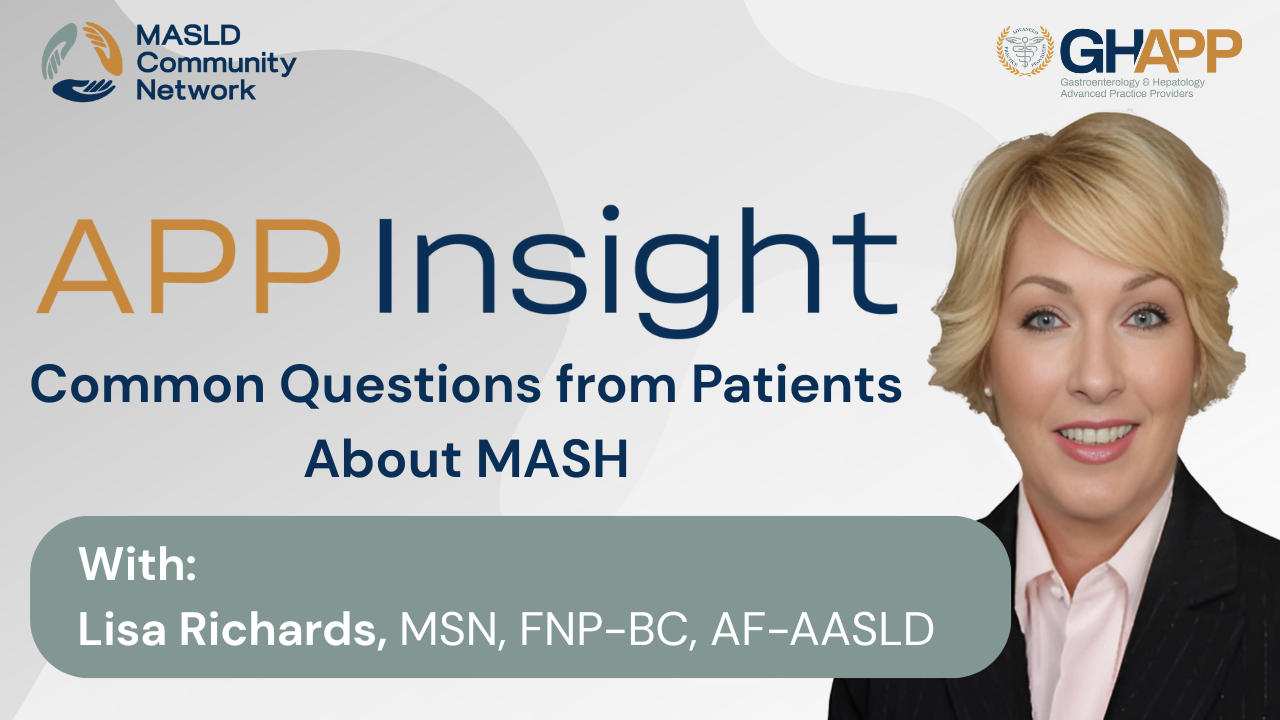
 July 2025
July 2025 